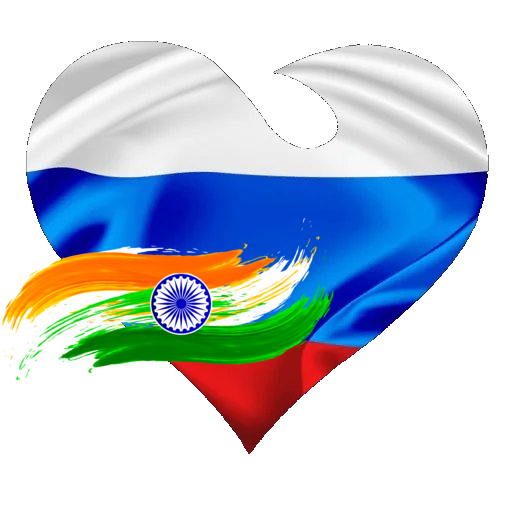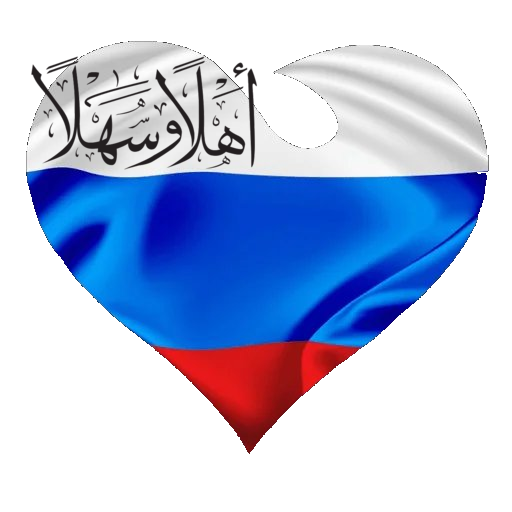As in all nations of the world, you can enjoy some of typical summer Russian festivals and als during the rest of the year.
To celebrate the end of sowing and gain the support of the spirits in the harvest and to properly prepare useful herbs and ensure the well-being of their flock, the Russian ancestors knew seasonal rites for all occasions.
In this article we have collected the most interesting typical summer Russian festivals from different towns that have survived to this day.
Ivan Kupala Festival
A festivity that has many names in different nations, in Finland they call it Yuhannus, Ligo in Latvia and Estonia, Jonines in Lithuania, Kupala in Belarus, Ivan Kupala in Ukraine and Russia.
The main summer festival of these towns has common pagan past. In the Baltic countries, as in ancient times, it is celebrated on the day of the summer solstice, but they usually celebrate Ivan Kupala’s day on or around June 22.
For example, in Latvia, the official festivity in honor of the summer vacation are June 23 and 24. For the Orthodox, the festivity of Ivan Kupala changed to July 7 and began to coincide with the Nativity of John the Baptist.
The tradition of celebrating Ivan Kupala has not changed much over the centuries. On the shortest night of the year, it is customary to dress in traditional national clothes, cook traditional food and organize games related to fire, water and herbs.
It is also very common on the festive night before sunset to swim in a river or lake. At sunset, bonfires are lit and people jump on them. Flowers are also collected on Kupala night, from which crowns are then woven.
After the holidays, these crowns are dried and kept at home: it believed to have special healing and protective powers.
One of the examples of the superstitions related to this holiday is to guess things about marriage:
The crown must be lowered into the river and see how far it will float; if he drifts away from the shore, then this promises a quick marriage, long life and happiness.
Ysyakh second of the typical summer russian festivals
The main summer festivity of the Yakuts is Ysyakh. It is usually celebrated on the summer solstice on June 21. The festival marks the beginning of the New Year in the traditional pastoral calendar.
On this day, the ancestors of the Yakuts arranged a solemn meeting with the deities of the aiyy – the patrons of horse and cattle breeding.
Yysah gets its name from the word “Ys”: cut, splash. Hence the rite, during which mare’s milk — kumys — is sprinkled on the ground. Kumys also treat guests and spray fire.
According to tradition, ysyah is arranged within a circle of young birch trees – the sacred tree of the Yakuts.
During the festivities horse races, jumping contests and wrestling are held. This is an echo of ancient ritual games – they symbolized the transition from the old to the new year.
In the central place of the festivities there is always a round dance – osuokhay. During the mass dance, people move “according to the sun”, that is, in a clockwise direction. Each Ysyakh guest must go through at least one round of the circle dance.
Sabantuy
Sabantuy was celebrated in the High Middle Ages. The name of this holiday was formed from the words “saban” – “ploughed” and “tui” or what can be translated as “wedding and celebration”.
Initially, Sabantuy was celebrated in the middle of spring, when the peoples celebrated the beginning of the field work.
In Soviet times, they began to celebrate it the end of the planting season. Today, Sabantuy takes place in the summer; it is celebrated in almost all of Tatarstan and Bashkortostan. Celebrations are also held in the big cities of Russia and abroad, where the Tatars live.
The main federal Sabantuy is usually held in Cheboksary in early July. The oldest surviving traditions of the holiday are horse racing, runner racing, and wrestling.
In the 19th century, comic contests also appeared in Sabantuy: running on sacks, climbing a smooth stick, fighting with straw bags, tug-of-war.
Semik
The main Mariana festival marks the arrival of summer. It is related to the old Slavic festival of the Green Saints, the main day of which was Semik.
It is celebrated shortly before Trinity, on the seventh Thursday after Easter. In Russia, however, this holiday was displaced by the Orthodox Trinity, for the baptized Mari Semyk it exists as an independent holiday today. They celebrate it in Trinity week — from Wednesday to Sunday. On these days, the Marians commemorate deceased relatives.
The first day of Semyka was always considered especially dangerous. In ancient beliefs, it was claimed that the souls of the dead woke up from hibernation, so the people tried not to leave the house and not drive the cattle out of the yard so that no curse would fall on them.
To reassure the deceased, each Marian family held a memorial dinner: for the deceased, a gift was placed on a separate plate.
In the evening, bonfires were lit, medicinal herbs were collected, young people played and had fun until morning. Today, this celebration has changed a lot and is more like a folk festival.
Gerber
Gerber is a national festivity in Udmurt, another of the typical summer russian festivals. It became republican in 1992, before it was celebrated in different towns and under different names.
Previously, the day of the celebration depended on the weather and the time of field work – planting season ended with Gerber.
The ritual harvest, the throwing of eggs in the first furrow, a meal in the country, cooking of a special porridge, the ritual of the “country wedding” with the participation of a girl and a young man, who represent the bride and the groom, all this was supposed, which is to ensure the fertility of the soil and a good harvest.
Modern Gerber is an opportunity to immerse in Udmurt culture, listen to folk music, buy handicrafts from local artisans, try perepechi (cheesecakes with meat, egg, mushroom or vegetable filling) accompanied by traditional drinks: coomyshkoy and surom.
Hebdenek
The Evens, a people of the North, lived in ancient times according to the lunar calendar. In the countdown of the new calendar cycle began in the summer, specifically on June 22.
The Evenian New Year is called Hebdenek, which means “fun”, it is celebrated on the day of the summer solstice. The Evens believed that at this time the doors between the worlds opened and the spirits listened to everything that the people asked for.
Since 1997, Hebdenek began to be held in Magadan, near the mouth of the Dukcha River. As in the old days, people gather at five in the morning to see the first rays of the new sun. The elders carry out the rite of feeding the fire and giving thanks to the Earth.
In different places they organize an exhibition of handicrafts of the indigenous peoples of the North, prepare Magadan “ukha” soup with Taiga herbal tea and participate in a choir to the sound of tambourines.
One of Hebdenek’s favorite traditions, which he continues to this day, is to make wishes, to fulfill them, you need to tie a ribbon to a special rope – “delburgue”.
Thun-pairam another typical summer russian festivals
The festival of the first ayran, or Thun-pairam, is one of the main events in the cultural calendar of Hakassia.
Turkish nomadic herders celebrated Ayran day 2000 years ago. The festival is celebrated in late May and early June, when cattle are distilled from winter pastures to summer pastures. It is when the animals began to feed on fresh grass and a lot of milk appeared.
For the festivity, ayran was prepared from the first milk, and Araku of vodka was distilled with ayran milk. People gave Sacred food to the spirits, asking for abundance.
The guardian of cattle was considered a specially selected horse, which during the rite was washed with milk, fumigated with incense and let loose.
Today, the Thun-pairam festival has been celebrated since 1980. The main festival is held in the Sagay glade near the village of askiz and is scheduled for the Hakasia Republic Day, which is celebrated on 3 May. July.
The rite of offering to the spirits is still celebrated, guests compete in horse racing, archery, show jumping and wrestling.
In one of the traditional competitions, each participant must choose a stone that weighs about 80 kg, bend down holding it in his hands, rise to full height and throw it over his shoulder, a challenge that is not easy.
Visit Russia with us
During our tours in Russia we visit the typical local festivals in each city where we have organized activities.
If you have plans to travel to Russia, do not hesitate to contact us and we will help you to perfectly plan each day that you are going to enjoy during your trip.



